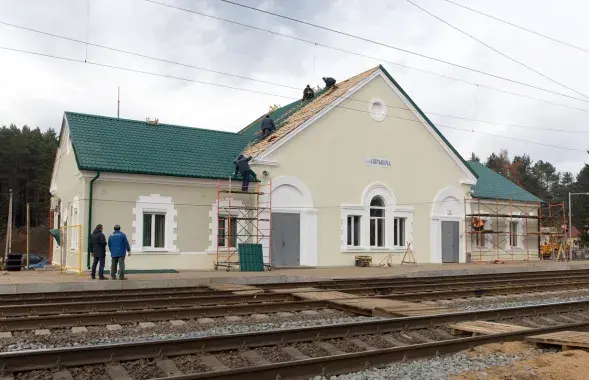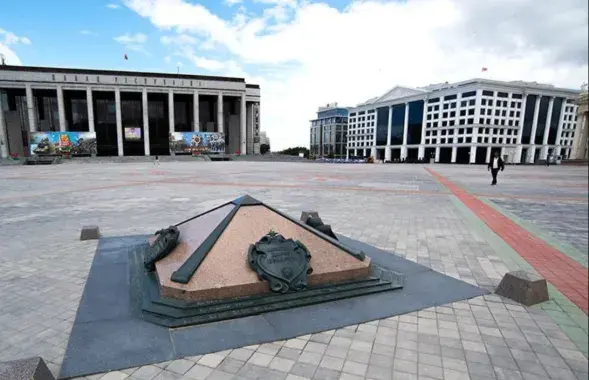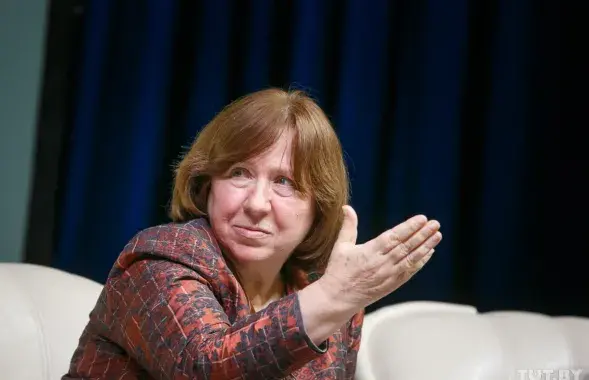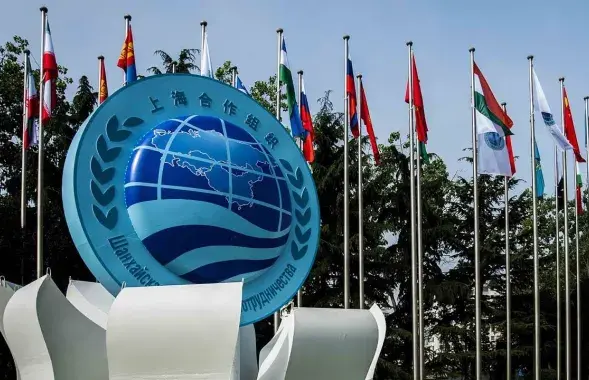Government plans to increase utilities bills up to Br160K
“In this country like in any other civilized society, the state controls pricing. The same applied to public utilities when I issued a directive to ensure their cost growth at not more than $5 per year,” Lukashenka told the All-Belarusian People’s Assembly. But, the costs of utilities are growing faster than inflation.
The European Radio for Belarus makes a comparative analysis of what we are expected to pay for utilities in winter and summer 2008. If increased, the utililities costs in winter 2008 will amount to Br160,000.
In 2007, the government increased the costs of public utilities in January. If the same happens next year, we will be affected by the increase throughout the whole year.
Will people notice these change and be able to afford them?
“A certain part of the population does not routinely pay utilities bills. One could expect that this portion could grow at several percent, but not much, I think. Presently, the growth of wages is tied up. It means the wages growth will be lagging behind the costs growth. There will be more people enjoying benefits in paying utilities bills. But the situation will not change drastically, because $20 is a too small amount for that. If we pay around $70 monthly for a two-bedroom or three-bedroom apartment in winter, then $90 is not an increase big enough for us not to afford it,” says Leanid Zlotnikau, a prominent economist in Minsk.
The full cost of utilities is not paid by all. People for whom utilities bills mean 15% of their total income receive subsidies. Are there many those people in a certain district in Minsk?
“In summer, there are 20-22 households. In winter, there are 40 households. Subsidies are mainly given to pensioners. To be eligible for a subsidy, households are expected to have an income of Br180,000 ($90) per capita. It is very little and even below the level of pension payments. Therefore, people will not be affected sharply, says Iryna Stefanava, the chief accountant at the Sovietski district’s housing and communal services agency.
Subsidies mean a targeted assistance, so they will not be abolished next year, under the new law on benefits.
According to the Ministry of Housing and Communal Services, people presently pay for only 45 percent of utilities. It is still hard to say how much this figure will grow after the increase in utilities costs. A sharp increase in utilities costs is just planned so far. Economists suggest that the president could refuse from signing such a document to be consistent with his earlier promises.














